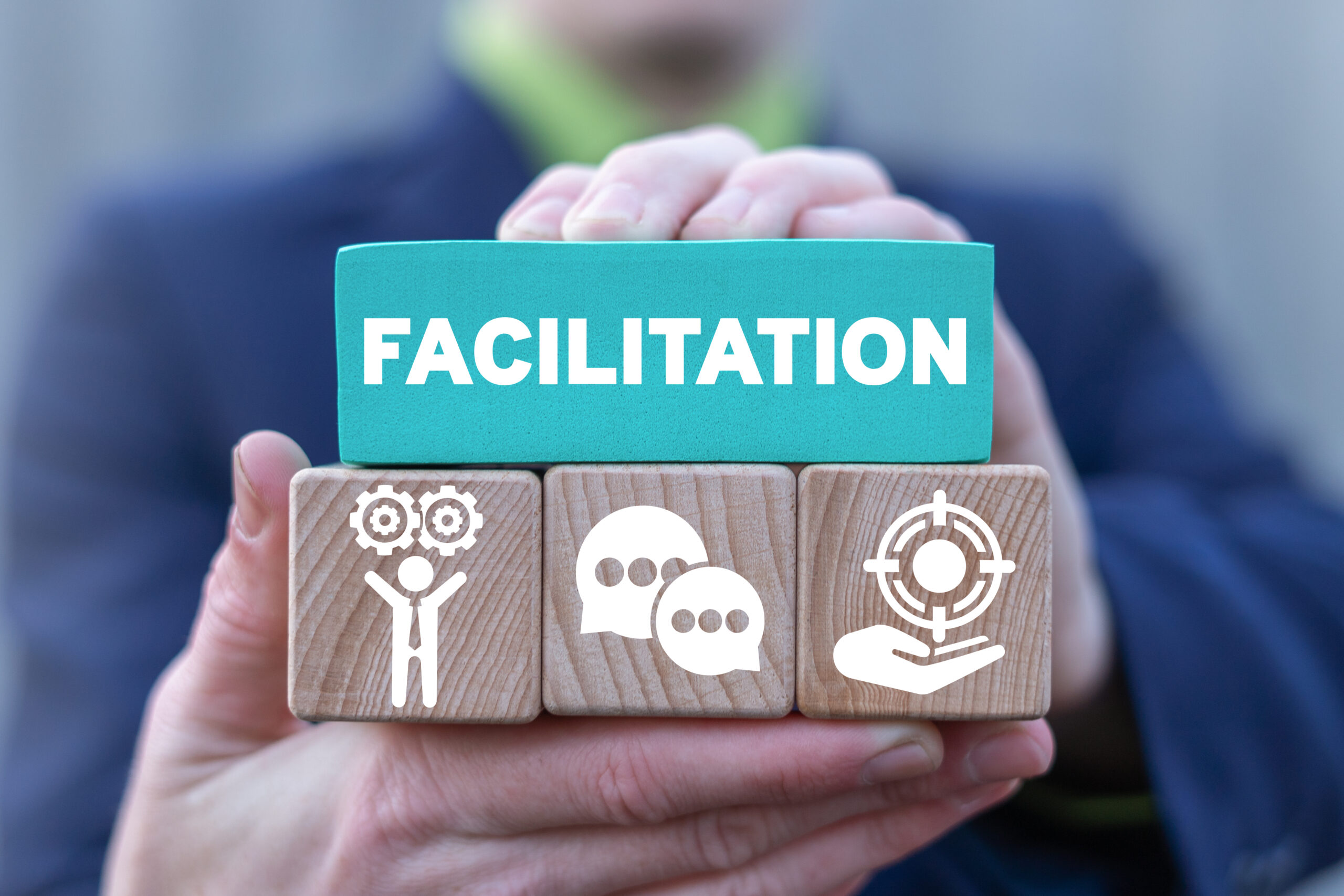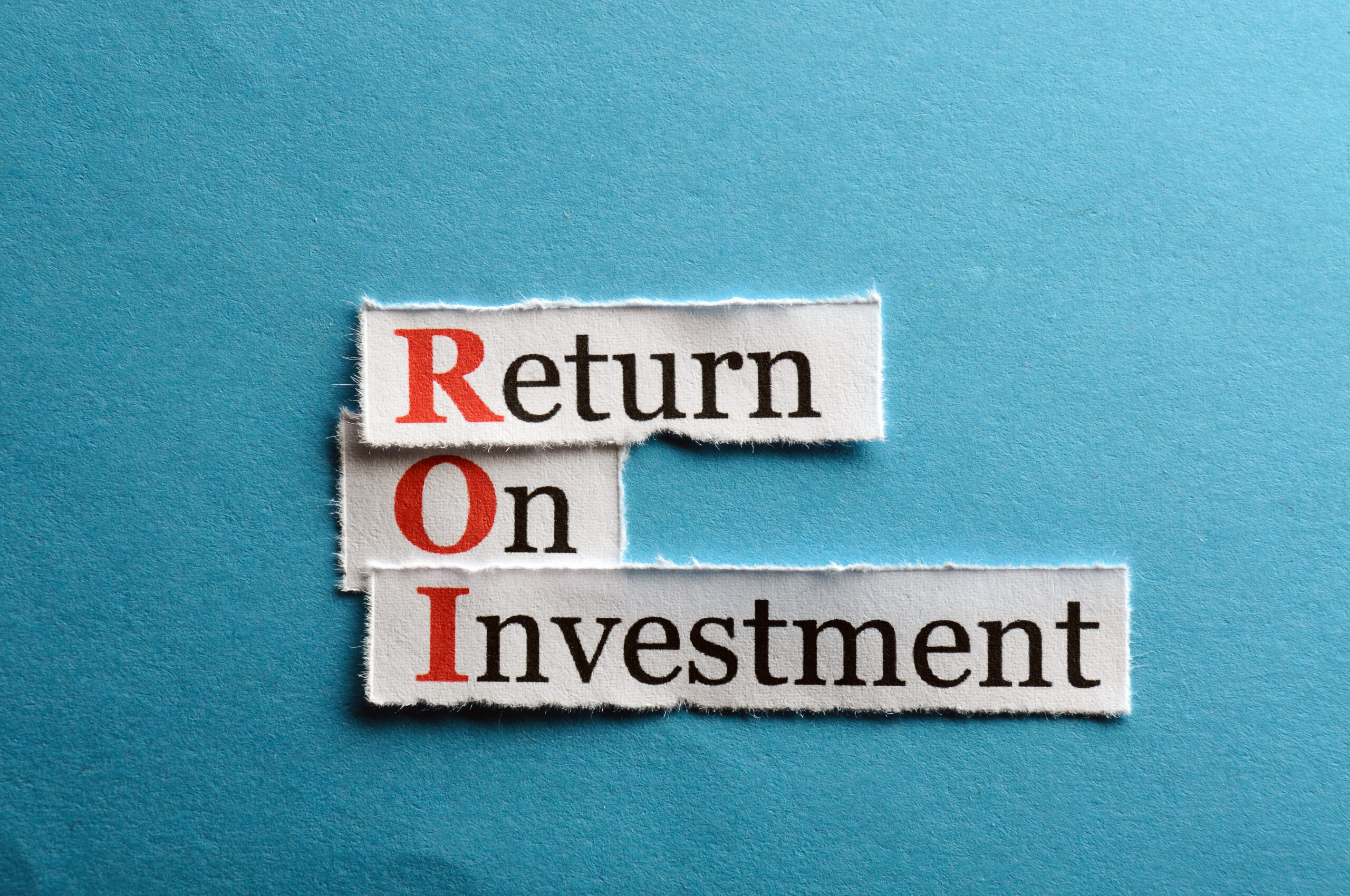Start building effective dialogue skills today; tomorrow’s decisions rely on deeper conversations within your teams, writes Sarah Rozenthuler
Imagine a team meeting where every voice is heard, diverse perspectives are valued, and decisions are made with full confidence. Sounds ideal, doesn’t it? Yet, in many organisations, the reality falls short. The missing ingredient? Effective dialogue. When done right, it transforms team dynamics and leads to smarter, more inclusive decision-making.
Effective dialogue is the catalyst that transforms a group of individuals into a high-performing team capable of making informed, innovative and strategic decisions
This article examines how leaders can improve decision-making. Research indicates that around 50% of organisational decisions fail. For example, the Post Office faced significant backlash for wrongfully accusing sub-postmasters and sub-postmistresses of faulty accounting. The UK government made several decisions during the Covid-19 pandemic that have since been strongly criticised, such as delaying the first national lockdown implementation. Some experts argued that the delay allowed the virus to spread more widely, leading to higher infection rates and deaths.
Understanding why decisions fail can provide valuable insights for leaders aiming to make more effective choices. This article explores what leaders can do to make better decisions, in particular by having better dialogue.
Understand decision derailers
Organisational decisions are often complex and involve a high degree of uncertainty. Stakeholders both inside and outside the organisation can hold different points of view which need to be navigated. A leader might have a ‘little list’ of who they consult and overlook certain stakeholders, especially those who make a decision more complicated.
When team members do get to talk, decisions are often victim to the ‘cascade effect’. People build on each other’s ideas, without critical reflection, and the result is ‘more of the same’. If there’s a dominant leader, others often fall in line rather than challenge. If people don’t correct each other’s errors, they amplify them.
Decades of research reveal that about half of organisational decisions fail to achieve their goals. They either unravel after a meeting has ended, or have unintended consequences. Many meetings don’t end in decisions being made. As we all know, waiting to see what happens is often not an effective way to make a decision. Not to decide is to decide.
Denise Rousseau, a professor in organisational behaviour at Carnegie Mellon University, has carried out research about how leaders can increase the odds of their decision-making success using an evidence-based approach. Understanding biases goes a long way to addressing them.
Many of us will be familiar with individual biases that impair judgment. Confirmation bias (where we seek information that confirms existing beliefs), conservatism bias (the tendency to insufficiently revise our opinion when presented with new evidence), and availability bias (relying on easily available information) all lead to unwise decisions (and who hasn’t made one of those?).
These biases are pervasive and persistent in part because it’s difficult for us to see and reduce our own biases. Add in cognitive limits such as information overload, and little wonder error creeps into our personal decision-making.
Organisational decisions are somewhat different. They are often more complex and involve even greater uncertainty. They take place in a social setting where participants hold different points of view which need to be navigated. There are often many more stakeholders, both inside and outside the organisation. There might be a bias to pay less attention to some of these stakeholders, especially those who make a decision more complicated.
Under the right circumstances, teams and groups can act in ways that actually debias organisational decisions. As Rousseau points out: “It is easier to recognise biases in other people than in ourselves.”
Dialogic practices can repair decision biases especially when a group or team is willing to be authentic in how they talk and think together. More on better dialogue follows.
Create a safe and reflective space
In groups where psychological safety is lacking, people silence themselves or change their views to avoid some penalty, whether this is the disapproval of others or perceived career damage. They follow those who spoke first, or agree with the ‘hippo’ (highest paid person’s opinion).
When a group fails to take into account critical information that only one or a few people have, judgments are skewed. Furthermore, if there is groupthink, polarisation or a power struggle, it’s no surprise that a poor or even self-destructive decision is the outcome.
Teams that engage in open and honest dialogue create an environment of psychological safety. When individuals are confident that their contributions will be respected, they are more likely to share innovative ideas and voice concerns, leading to better decisions.
Creating a ‘container’ (a safe and reflective space) for dialogue where people feel safe (or, safe enough) to raise tricky topics is essential. Effective dialogue is inclusive; it ensures that all team members, regardless of rank or expertise, feel comfortable sharing their insights. This inclusivity fosters diverse viewpoints, which are crucial for well-rounded decisions.
One way to start to build a container is to hold a ‘check-in’. Invite each person at the start of a session to speak about their hopes and fears. Common ground often emerges and this brings some valuable coherence to the room. People often state similar hopes such as their desire to 1) Make decisions together faster, 2) Bring up big and difficult challenges, and 3) Make concrete decisions that get everyone’s buy-in.
Similarly, fears often converge. Themes typically include leaving the meeting without any decisions being made, delaying closure on a vital strategic initiative. Concerns about staying stuck in politeness and not feeling able to ‘bring up the big stuff’ also surface. This authentic speaking creates an atmosphere of safety, energy and possibility, which is vital for dialogue.
Facilitate structured dialogue
Tools and techniques like check-ins, round-robin discussions or using a neutral facilitator can help structure dialogues in a way that ensures balanced participation and keeps the conversation focused on the decision-making goals.
Structured approaches can also help you to figure out the problem that needs solving, or the right opportunity to seize. The ‘four Ps’ tool is a useful framework to draw on as it taps into the four dimensions of dialogic change (read more on the four principles). Asking questions along these four directions uncovers the ‘decision frame’ that’s needed.
The four Ps
- Perspective: Over the next two years, what changes and events are on the horizon which might create opportunities and risks?
- Performance: In what areas does the organisation need to improve its level of performance and what decisions do we need to make to enable this?
- People: How do our ways of working need to change so that we become an even more effective team and successful organisation?
- Purpose: Which of our current activities as a team are aligned, misaligned and partially aligned with our organisational purpose (the enduring and meaningful reason we exist)?
This active inquiry process lays the groundwork for the decision process. Once the problem to solve becomes clear, it is easier to figure out what the best choices are about the way forward.
Distinguished dialogue for the win
In a world where the pace of change is accelerating, the quality of a team’s decisions can make or break an organisation’s success. Effective dialogue is the catalyst that transforms a group of individuals into a high-performing team capable of making informed, innovative and strategic decisions.
Don’t settle for surface-level conversations in your teams. Invest in building the skills and environment necessary for effective dialogue. Start today by encouraging more open, inclusive, and structured conversations in your next meeting – because the decisions you make tomorrow depend on the dialogue you foster today.
Sarah Rozenthuler is Founder & CEO of Bridgework Consulting Ltd and author of Now We’re Talking




